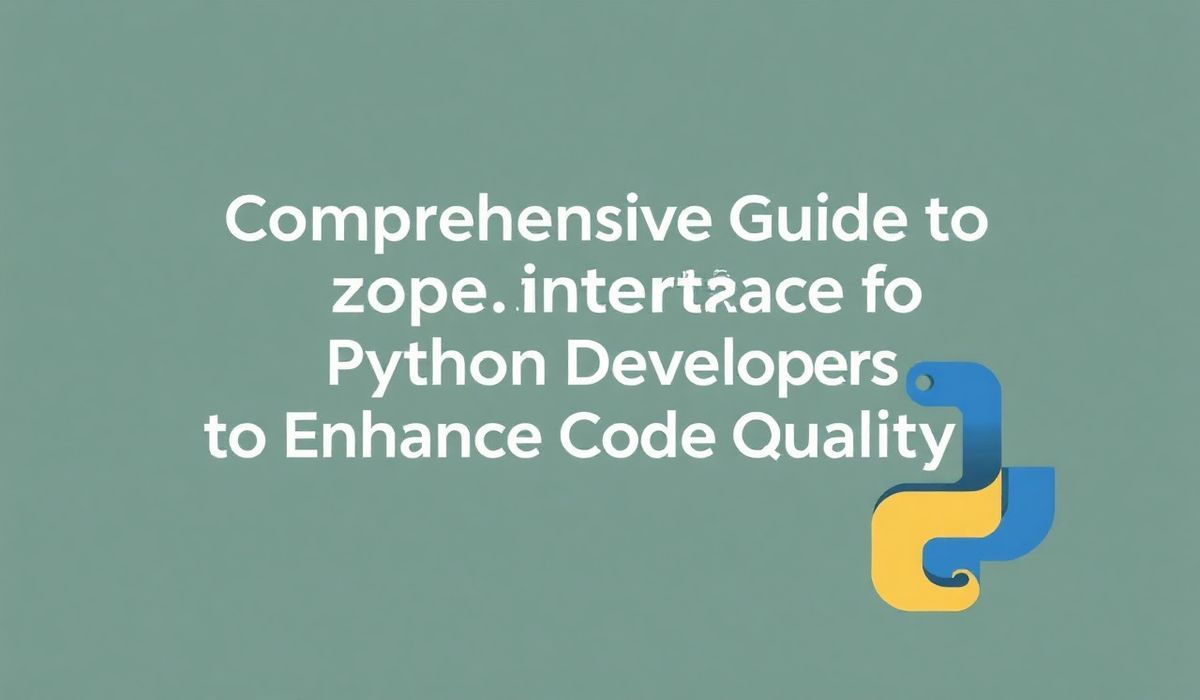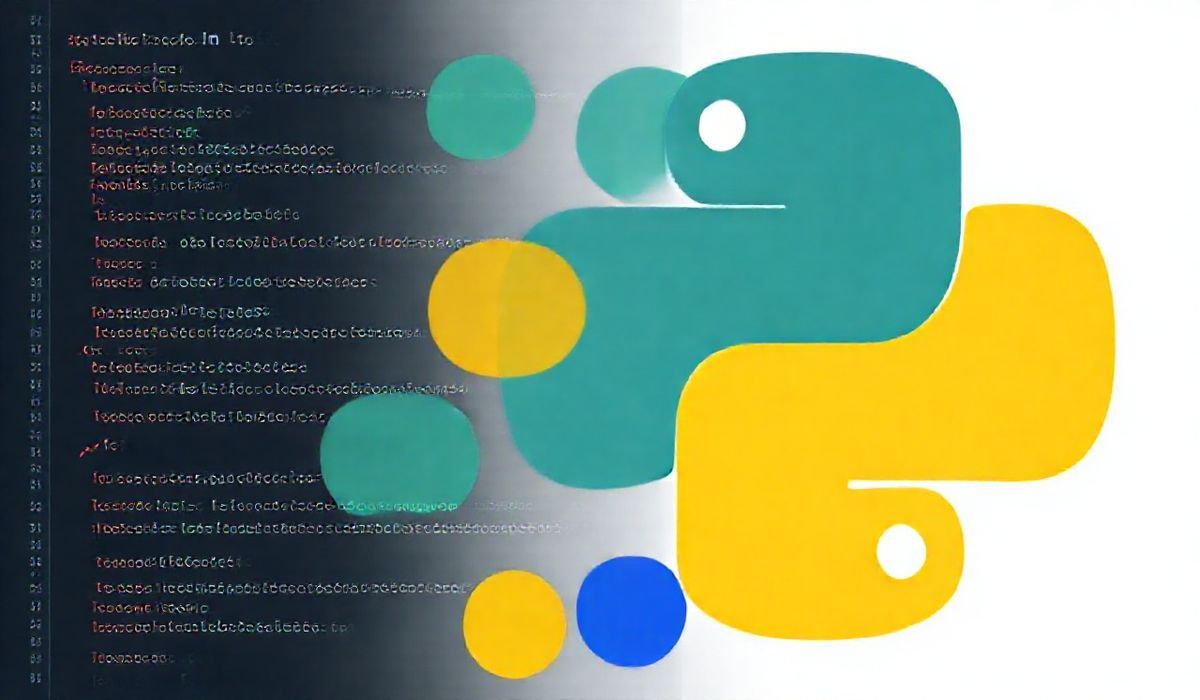Introduction to zope.interface
zope.interface is a robust package from the Zope framework that provides support for defining and implementing interfaces in Python. This enhances code quality by clearly defining the expected behavior of objects and ensuring compliance.
Why Use zope.interface?
Using zope.interface helps in designing clean and maintainable code. It allows developers to declare contracts for their objects, which leads to better program structure and easier debugging. This is particularly useful in large applications where the expected behavior of components must be clearly defined.
Getting Started
First, install the package using pip:
pip install zope.interface
Defining an Interface
Interfaces in zope.interface are defined using classes derived from zope.interface.Interface. Here is an example of how to define a simple interface:
from zope.interface import Interface, implementer
class IGreeter(Interface):
def greet(name):
"""Greets a person by name"""
Implementing an Interface
You can implement an interface by decorating a class with @implementer and ensuring all the interface methods are defined:
@implementer(IGreeter)
class Greeter:
def greet(self, name):
return f"Hello, {name}!"
Verifying Interface Implementations
To ensure that an object adheres to the interface, you can use the verifyObject function:
from zope.interface.verify import verifyObject greeter = Greeter() print(verifyObject(IGreeter, greeter)) # Output: True
Declaring Attributes in Interfaces
Attributes can also be defined in interfaces by using the Attribute class:
API Example: Factories
Factories create new objects conforming to an interface. Here is an example on how to define and use a factory:
from zope.interface import Interface, implementer
from zope.interface.interfaces import IFactory
class IEmployee(Interface):
name = Attribute("The name of the employee")
position = Attribute("The position of the employee")
@implementer(IEmployee)
class Employee:
def __init__(self, name, position):
self.name = name
self.position = position
@implementer(IFactory)
class EmployeeFactory:
def __call__(self, name, position):
return Employee(name, position)
factory = EmployeeFactory()
employee = factory("John Doe", "Developer")
print(employee.name) # Output: John Doe
API Example: Adapter Pattern
Adapters are used to provide a different interface to an object. Here’s an example of an adapter:
from zope.interface import implements, Interface
class IFoo(Interface):
def get_foo():
"""Returns foo"""
class Foo:
def get_foo(self):
return "foo"
class IAdapter(Interface):
def get_bar():
"""Returns bar"""
class Adapter:
implements(IAdapter)
def __init__(self, context):
self.context = context
def get_bar(self):
return self.context.get_foo() + " bar"
foo = Foo()
adapter = Adapter(foo)
print(adapter.get_bar()) # Output: foo bar
Building a Simple Application with zope.interface
Let’s build a simple application that uses the introduced APIs:
from zope.interface import Interface, implementer
from zope.interface.verify import verifyObject
class IService(Interface):
def serve(data):
"""Process and return the data"""
@implementer(IService)
class Processor:
def serve(self, data):
return f"Processed: {data}"
processor = Processor()
data = "Sample Data"
print(processor.serve(data)) # Output: Processed: Sample Data
# Verifying implementation
print(verifyObject(IService, processor)) # Output: True
# Using the Factory
@implementer(IFactory)
class ServiceFactory:
def __call__(self):
return Processor()
factory = ServiceFactory()
service_instance = factory()
print(service_instance.serve(data)) # Output: Processed: Sample Data
Using zope.interface, this simple example application ensures well-defined interfaces and their proper implementations.
Hash: 4c630ed549981a3f9656adf54d69847edce4d25e86bcc8b911f6be3819a32a2f




